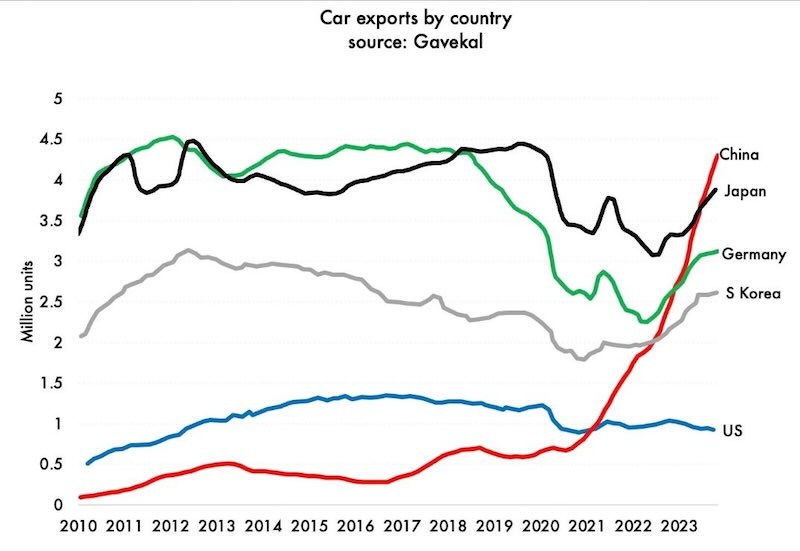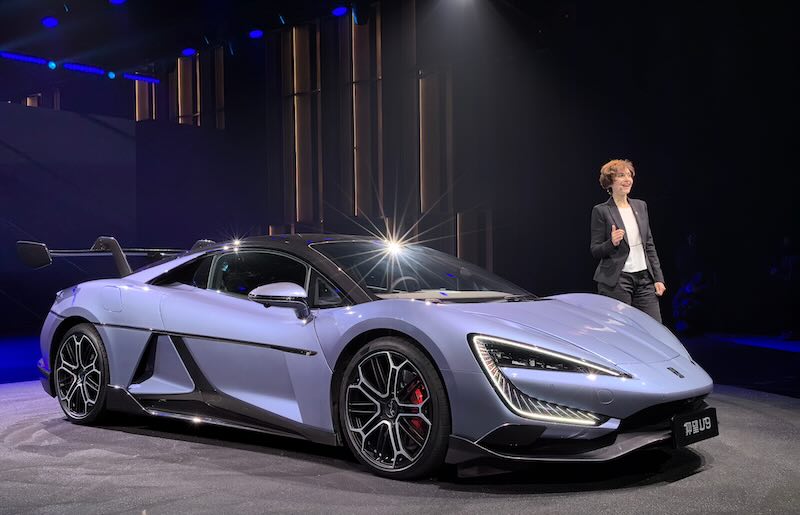For decades, China has churned out gas-powered vehicles for the world, earning a reputation as an export juggernaut for cheap combustion cars. In the span of just three lightning-quick years, the nation’s automakers have pulled off what seemed virtually impossible – leapfrogging the old guard to become exporters of bleeding-edge electric vehicles, not smog-belching fossil fuel burners.
This seismic shift hasn’t gone unnoticed by tech soothsayers like Y Combinator co-founder Paul Graham, who recently summed up the upheaval with a blunt assessment: “Thank God the US at least has Tesla. Imagine if we had to depend on GM to compete with this.”

Those ominous words highlight the harsh reality now confronting Detroit’s legacy brands and other long-established automakers across the globe. As Paul notes, “Technological shifts often enable new entrants to displace incumbents. When they do, it tends to be permanent. So whether we like it or not, our default assumption should be that this is the new order of things.”
And make no mistake, by harnessing a conducive mix of aggressive government policies, pioneering battery tech breakthroughs, and nimble new upstarts like BYD, NIO, and Xpeng free from decades of combustion baggage, China’s EV offensive is steamrolling ahead at blistering speeds.
Industry analysts China accounted for over 70% of the globe’s electric passenger vehicle exports in 2023. Experts predict that startling share could balloon even further this year as legacy brands continue struggling to retool and reorient their supply chains.
China’s overnight ascension as the EV export kingpin, delivering affordable long-range models to showrooms from Europe to Latin America, signals a new world order for automaking that few could have foreseen just a decade ago. Incumbents ignore these fresh challengers at their own peril.
Forget Detroit vs. Munich vs. Tokyo automotive rivalries of the past. When it comes to electrics and the vehicles destined to dominate roads and sales charts for decades to come, Beijing is the new kingpin that Detroit, not to mention Munich, Tokyo, and every other traditional automotive hub, now has to sweat.
